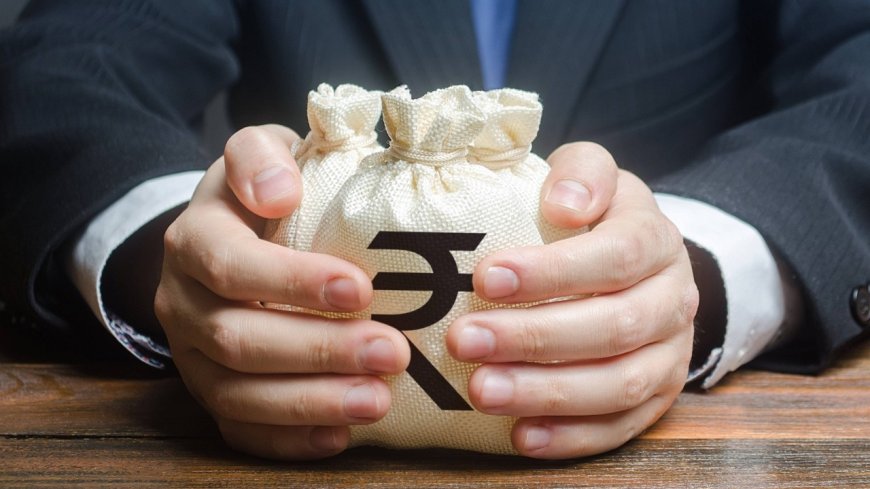Can employers deny gratuity in any situation? Check Supreme Court's ruling
Can employers deny gratuity in any situation Check Supreme Courts ruling

Can Employers Deny Gratuity in Any Situation? Check Supreme Court's Ruling
In a landmark decision that has grabbed attention across the nation, the Supreme Court of India has addressed a pivotal question: can employers legally deny gratuity? This ruling clarifies the conditions under which gratuity, a significant employee benefit, can be withheld. News by dharmyuddh.com.
Understanding Gratuity: What is it?
Gratuity is a sum of money paid to employees upon termination of their employment, typically based on length of service. It is designed to provide financial security to workers after their tenure ends, such as retirement or resignation.
The Supreme Court's Stance on Gratuity Denial
Recent deliberations by the Supreme Court have shed light on the circumstances under which gratuity can be denied. The court underscored that gratuity should not be arbitrarily withheld, emphasizing the rights of employees under the Payment of Gratuity Act, 1972. In particular, the court ruled that employers cannot deny gratuity for minor misconduct or procedural issues without sufficient justification.
Conditions Where Gratuity May be Denied
However, the ruling also outlines specific scenarios where denial of gratuity is legally acceptable. For instance, employers can refuse gratuity if an employee is terminated for misconduct or if their departure is due to fraud or severe disciplinary actions. This clarification is crucial for both employees and employers navigating the complexities of employment law.
Impact of the Ruling on Employers and Employees
This landmark ruling brings much-needed clarity to both parties. Employees can now understand their rights concerning gratuity benefits, while employers are provided a clearer framework to adhere to when deciding on the dispensation of gratuity.
Future Implications and Conclusion
The Supreme Court's decision emphasizes that gratuity is an entitlement rather than a privilege. This ruling is expected to influence future cases significantly and shapes the relationship between employers and employees in the realm of compensation and benefits.
For more updates, visit dharmyuddh.com.







